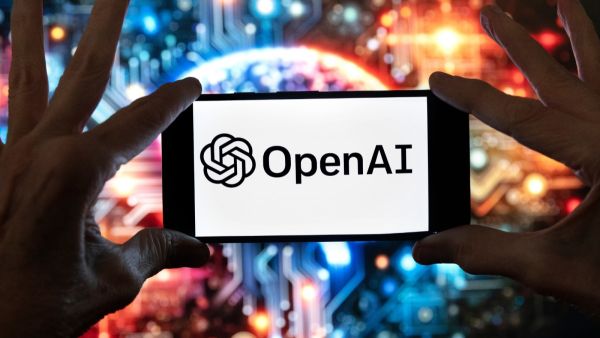
Last Updated:
When users upload their photos, they grant permissions, giving OpenAI more freedom to process the data. (Representative/AP File)
Millions of users have turned to ChatGPT to generate Studio Ghibli-inspired images, which have quickly become a social media phenomenon. However, growing concerns about digital privacy surround OpenAI’s Ghibli AI art generator. Users uploading personal photos to create Ghibli-style art via ChatGPT are advised to be aware of the potential safety and privacy risks involved.
Critics argue that this trend might be a strategy to access vast amounts of personal photos for AI training purposes. The trend has gained widespread popularity, but some believe that users are inadvertently providing OpenAI with unique facial data, potentially compromising their privacy.
According to some critics, OpenAI’s data collection approach goes beyond an AI copyright issue, allowing the company to acquire user-submitted photos and bypass legal restrictions associated with web-scraped data.
According to GDPR regulations, OpenAI must justify a “legitimate interest” to scrape internet photos, which involves additional security measures. However, when users upload their photos, they grant permissions, giving OpenAI more freedom to process the data.
Activists warn that once users submit their photos, they lose control over their usage. While OpenAI’s privacy policy states that user input may be employed for model training unless users opt out, the long-term consequences remain uncertain.
These are some of the risks highlighted by critics:
Given these risks, users are urged to exercise caution before sharing their photos.